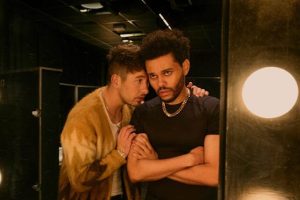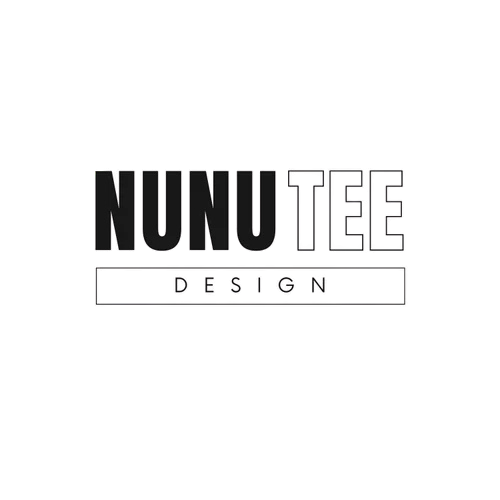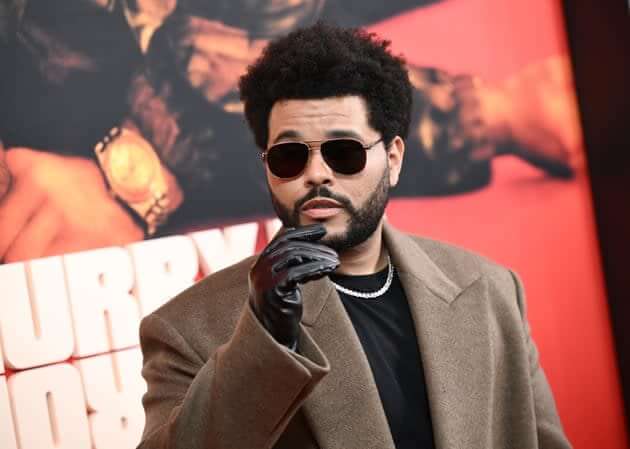world news
The Weeknd Talks About The Idol Reviews: Honest Reflections and What They Mean for His Vision
The Weeknd’s Candid Response to The Idol’s Reception
When The Idol, the HBO series co-created by The Weeknd, debuted, it quickly became a lightning rod for criticism. Reviews ranged from harsh to bewildered, with many critics panning the show’s tone, pacing, and storytelling. Rather than dismissing the criticism, The Weeknd—born Abel Tesfaye—has responded with remarkable honesty and introspection. He acknowledged that the negative reviews make sense, signaling a mature perspective on the complex process of creating a piece of art that is deeply personal yet subject to public scrutiny.
In an interview, The Weeknd expressed understanding that the show’s unconventional style and themes might not resonate with everyone. He explained that his vision for The Idol was to push boundaries and explore darker, more provocative themes in ways that traditional television does not often dare to. While this bold approach attracted a passionate fan base, it also led to division among critics and viewers.
His reaction highlights a rare willingness to accept mixed reception without defensiveness. This kind of transparency fosters a dialogue between creator and audience, emphasizing the challenges artists face when trying to innovate in mainstream media. For The Weeknd, The Idol is not just entertainment but an artistic experiment—a space to test ideas and evoke strong emotions, whether positive or negative.

The Creative Ambition Behind The Idol
The Idol represents a significant creative leap for The Weeknd, who is primarily known for his music career. The show delves into themes of fame, addiction, and the dark side of the entertainment industry, blending surreal and often controversial storytelling elements. This ambition to tackle such complex subjects through a provocative narrative style is both the show’s strength and, according to critics, its weakness.
The Weeknd has been vocal about wanting to create something that challenges viewers’ expectations and pushes the envelope of television storytelling. He aimed to blend his musical sensibilities with cinematic visuals to craft a unique narrative experience. This fusion of music, drama, and psychological thriller elements makes The Idol stand apart from conventional TV shows but also opens it up to polarizing responses.
Despite the criticism, The Weeknd and his collaborators view the project as a bold artistic statement. The willingness to risk alienating some viewers in favor of creating something original speaks to a larger trend in the entertainment industry, where boundary-pushing content often sparks debate about artistic merit and audience appeal.
Navigating Criticism: The Weeknd’s Perspective on Artistic Risk
Facing widespread critical backlash is a daunting challenge for any creator, especially when stepping into new mediums. The Weeknd’s approach to the criticism of The Idol reveals a thoughtful understanding of artistic risk. He recognizes that groundbreaking work often meets resistance before gaining appreciation or understanding.
The artist framed the criticism as part of the creative journey, acknowledging that not every experiment succeeds in the eyes of the public. He expressed that the polarized reception could be a reflection of the show’s complexity and ambition, which might require time and context for viewers to fully grasp.
This perspective aligns with historical patterns in art and entertainment, where many now-classic works were initially met with skepticism or hostility. The Weeknd’s stance encourages resilience and a long-term view, suggesting that pushing artistic boundaries is inherently risky but necessary for innovation.
His openness about the challenges also provides valuable insight into the pressures artists face in balancing personal vision with audience expectations. By confronting the reviews head-on, The Weeknd models a mature, nuanced response that highlights the importance of perseverance in creative endeavors.

The Impact of The Idol on The Weeknd’s Career and Artistic Evolution
Despite the mixed reception, The Idol marks an important milestone in The Weeknd’s artistic evolution. It represents his transition from music icon to multifaceted storyteller, expanding his creative repertoire and public persona. The project’s controversy has sparked conversations that extend beyond the show itself, touching on issues of fame, mental health, and the limits of artistic expression.
For The Weeknd, The Idol is part of a broader narrative about exploring new forms of storytelling and self-expression. The experience gained from this venture is likely to influence his future work, whether in music, film, or television. His willingness to take risks and face criticism head-on may open doors for further innovation and collaboration.
Moreover, the show’s polarizing nature has generated significant attention, highlighting the power of controversy in the modern entertainment landscape. Whether loved or loathed, The Idol has firmly established The Weeknd as a creator unafraid to challenge norms and provoke discussion.
Looking Ahead: What’s Next for The Weeknd and The Idol
As The Weeknd reflects on the reception of The Idol, questions remain about the future of the series and his broader creative ambitions. While the initial season met with criticism, The Weeknd’s honest appraisal suggests he is open to learning from the experience and evolving the project.
Fans and critics alike are curious whether The Idol will continue in its current form, adapt to feedback, or take a new direction. The Weeknd’s willingness to engage with criticism may influence how future seasons or projects are shaped, balancing artistic integrity with audience connection.
Beyond The Idol, The Weeknd’s career trajectory appears poised for continued innovation. His ventures into storytelling, combined with his music, position him uniquely in the entertainment world. This phase of experimentation, though challenging, underscores the evolving nature of artistry in the digital age.
Ultimately, The Weeknd’s response to The Idol’s reception highlights the complex relationship between creators, critics, and audiences—a dynamic that will continue to shape his work and the broader cultural conversation.
From nunuteedesign

